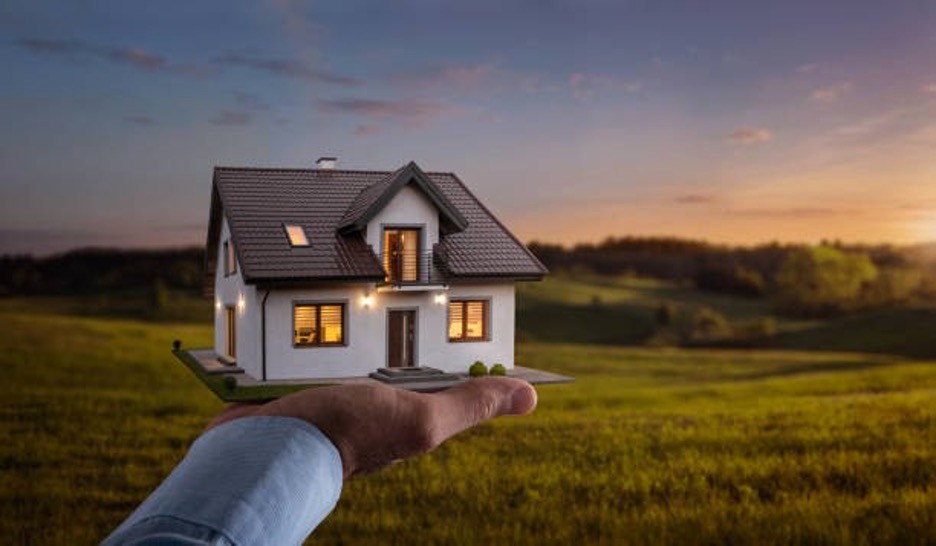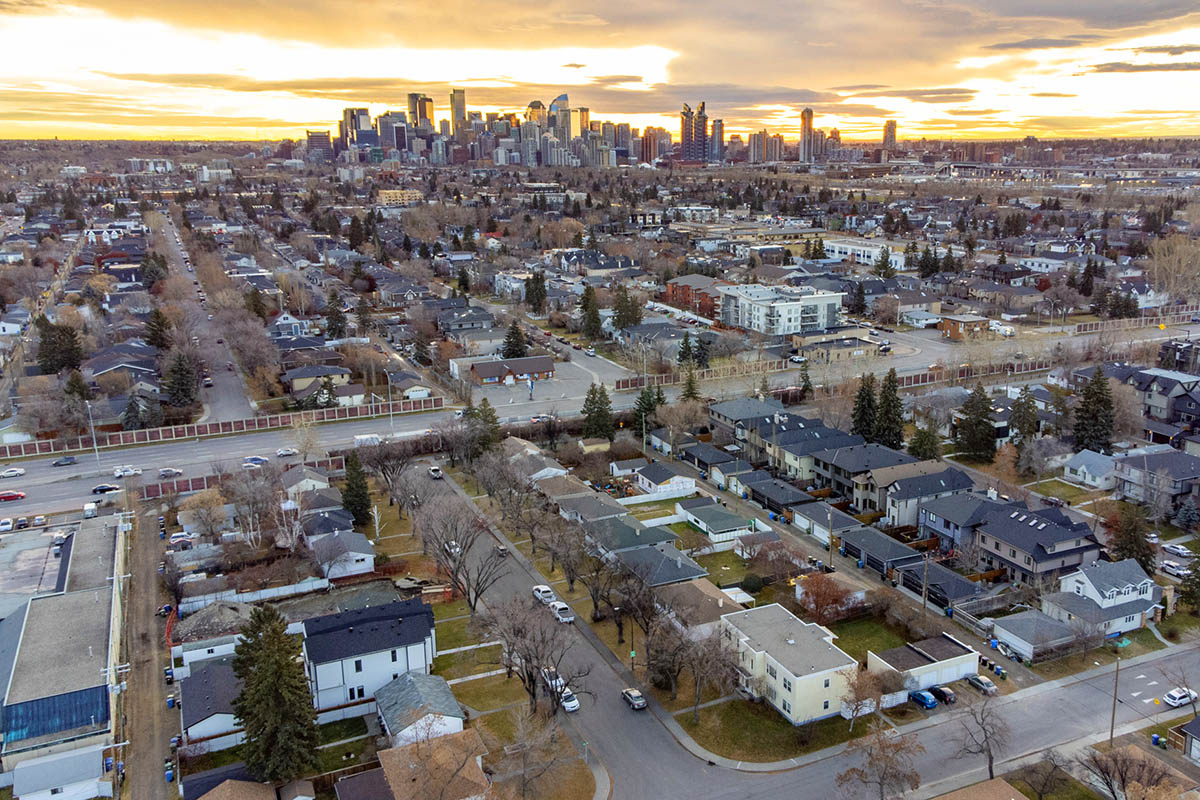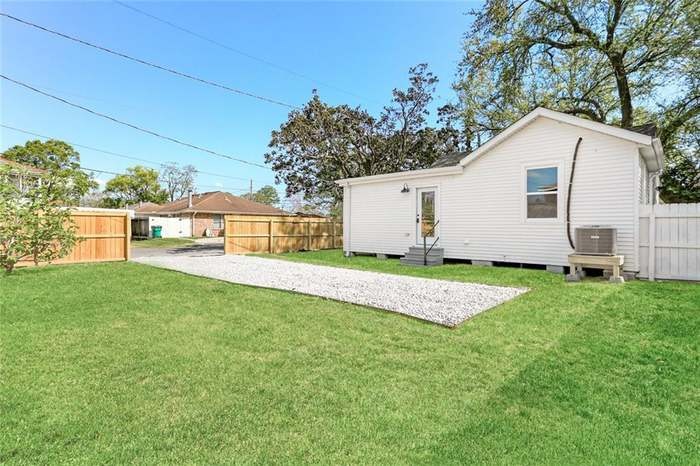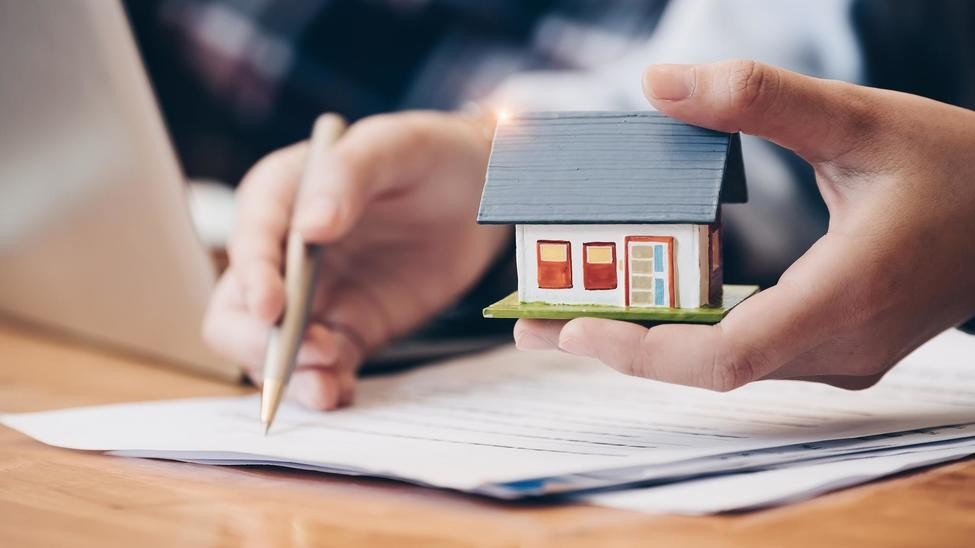Jewelry, computers, smart phones or travel – none of that – the great desire is to know how to get your own house. Moreover, as much as times change, it seems that ambitions remain the same. After all, rent expenses often erode anyone’s purchasing power. Worst of all is that this expense does not represent any long-term return on equity increase. The feeling that remains, after years and years of payment, is that this was money badly spent. This does not even consider the discomfort of living in someone else’s property, with limitations on renovation and even the possibility of sudden adjustments to the contract.
On the other hand, acquiring a home is not an easy task either. After all, this is a long-term goal. In practice, few people have the discipline and organization necessary to take a step forward in this direction. Check out the tips we prepared to help you plan.
How to get your own house
Before talking about the possible forms of payment for you to buy your home, we decided to bring you some tips that can be important to achieve this great goal.
Calculate the ideal amount to save
As much as the ultimate goal is to buy the property, it is important to set small goals during the journey. One of them involves defining exactly how much you should save. There are homes for sale according to your budget, requirements, and social status. Nowadays, banks usually accept a down payment of 20% of the total value of the asset.
Pay attention to personal issues
There are three personal situations at play when someone wants to buy your house –
- Early career professionals
- Just married
- Who still lives with their parents
Each of these three profiles needs to plan ahead so as not to create future problems. In the first case, the professional in the ascension phase still does not have stability. Newlyweds, on the other hand, need to establish how they will establish the purchase. Finally, those who still live with their parents can give enough time to save.
Do not underestimate the costs
First, if you opt for financing, it is essential to consider that your fixed costs will be higher than if you rented a property. This is because, on average, a typical installment of financing usually revolves around 1% of the value of the asset. In the case of real estate, this percentage is, on average, 0.5%. Just be sure to take into account that, at the end of the payment, the result is the end of the rent and the increase in assets!
Then you need to consider the additional expenses. After all, besides the 30% of the budget committed to funding, you still have to take into account household expenses. Therefore, a good tip is to assess the cost of living in the region where you intend to live since expenses can vary greatly according to the profile of local businesses. Finally, also consider paperwork-related expenses. Besides the costs of the registry office, assessment and legal analysis of the property, there is also the Tax on the Transmission of Real Estate, which varies according to the municipality.







Comments